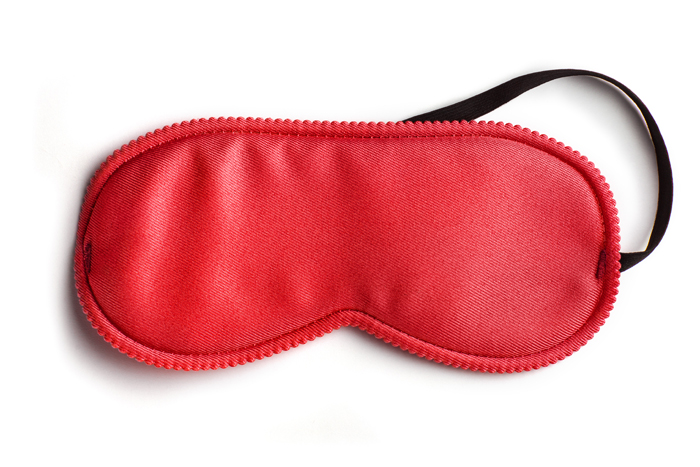Sleep Medications & Insomnia Treatments in Sadashiv Peth, Pune
Sleep Medicine is a medical subfield that arose from laboratory science, it treats sleep disorders by making you feel relaxed as most of these disorders are faced due to stress.
Certain sleep aids like melatonin are natural and are effective whereas other herbal supplements may cause side effects
What Is Sleep Medicine?
By the name itself it suggests, sleep medicines help to diagnose people who have sleep disorders insomnia being the most common ailment faced by many individuals.
People who have such disorders may take these medications to help them relax and fall asleep, sleep medicines may also be taken by people who face interrupted sleep schedules

What Are Different Types Of Sleep Medicines?
Different pills possess different side effects, not all of them are similar and may vary from each other. All of them have the potential for causing psychological dependence and not physical.
Some of the common sleep medicines are mentioned below:
- Antidepressants – Trazodone which is one one of the antidepressant is very useful to treat sleeplessness and control anxiety.
- Doxepin - also called Silenor helps people who have trouble sleeping as it helps with sleep maintenance and is not recommended unless you can get a full 7-8 hours of sleep
- Suvorexant – (sonata) using this you can try to fall asleep on your own as it stays active in the body for the shortest amount of time. If you wake during the night it may not be the best option.
- Ramelteon – (rozerem) since this works by targeting the sleep-wake cycle, it works differently than others. Rozerem is prescribed for long term use as it does not show any evidence of abuse or dependance.
- Zolpidem –( ambian, edluar) this may help you go to sleep and stay asleep for longer time period, the FDA warns that you should not do any work that requires you to stay alert as it stays in the body for a long time.
How Do Sleep Medicines Work?
Sleep medicines work on the GABA receptors of the brain which is a class of receptors that responds to neurotransmitter gamma aminobutyric acid, the intake of these medicines promote drowsiness and provide a feeling of relaxation to the body. Some of these drugs are specially designed for sleeping aid while others may cause side effects as well.
Remember to talk to the doctor before you use these medications.
Request an appointment at Apollo Spectra Hospitals, Pune
Call 1860-500-2244 to book an appointment
What Are The Benefits Of Taking Sleep Medicines?
These medications are prescribed to people who find it difficult to fall asleep or those to suffer from sleeping disorders such as insomnia which is very common and affects between 10-30 percent of adults in the US. Sleeplessness may also cause slowed thinking or other impairments which could affect one’s physical and mental health.
To address these problems people have access to these drugs. Every sleep aids has its downfall as well so in order to prevent these downsides its important for the individual to be informed about the treatment option and talk with a doctor about the best option in their personal situation.
What Are The Side Effects Of Taking Sleep Medicines?
Sleeping medications have side effects just like most medications but, different sleep medications have different side effects, but some of the common side effects include:
- Headache
- Dizziness or lightheadedness
- Constipation
- Dry mouth or throat
- Gastric problems
- Changes in appetite
- Heartburn
- Unusual dreams
- Uncontrollable shaking of a part of the body
- Weakness
- Problems with attention or memory
Who Might Need Sleep Medicines?
People who face trouble falling asleep or staying asleep ( insomnia), which may be because of stress, illness, or travel, or other interruptions in their normal routine life.
These individuals are prescribed these medications by the doctors to help them fall asleep and relax.
Even though these medications help you relax and sleep a research has shown that it can have dangerous effects by decreasing blood pressure, heart, and breathing rate if taken together with other medications.
Commonly the usual dose is to take 7.5mg tablet just before your sleeping schedule and it takes around roughly 1 hour to work. If you are over 65 years of age or have kidney or liver problems a lower dose of 3.5mg is recommended.
Staying awake after taking sleep medicines can cause hallucinations, and memory loss, and other dangerous side effects.
Symptoms
Our Top Specialities
NOTICE BOARD
CONTACT US
CONTACT US
 Book Appointment
Book Appointment


.svg)
.svg)
.svg)
.svg)








